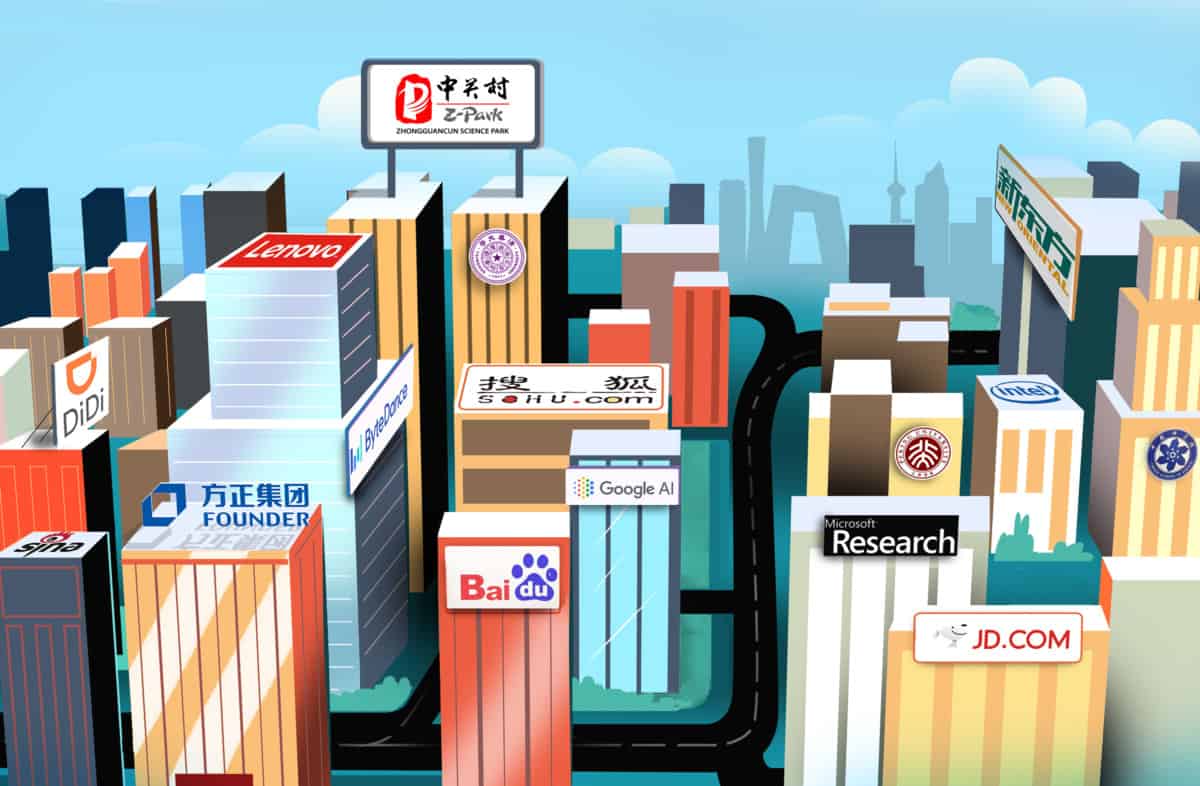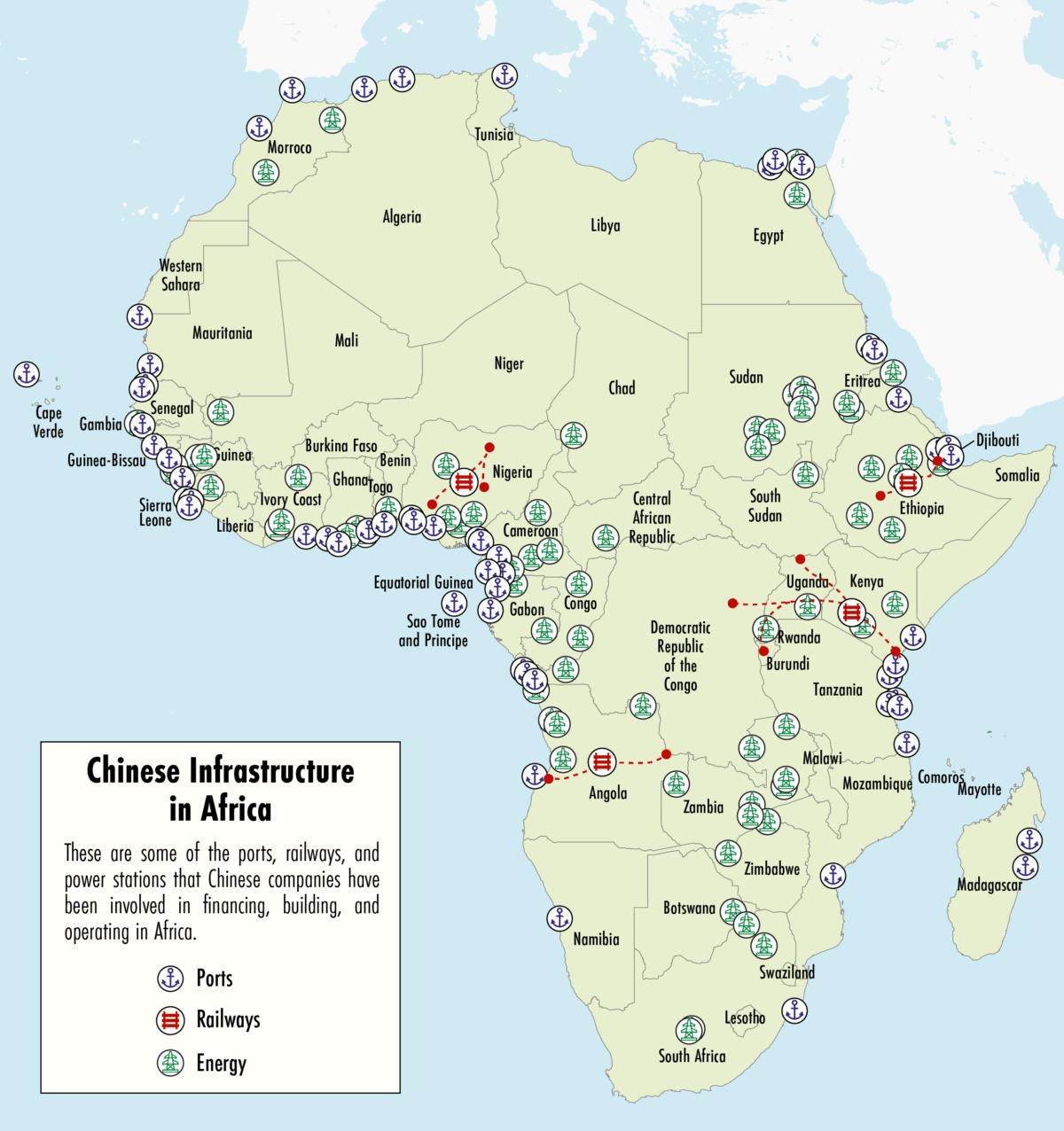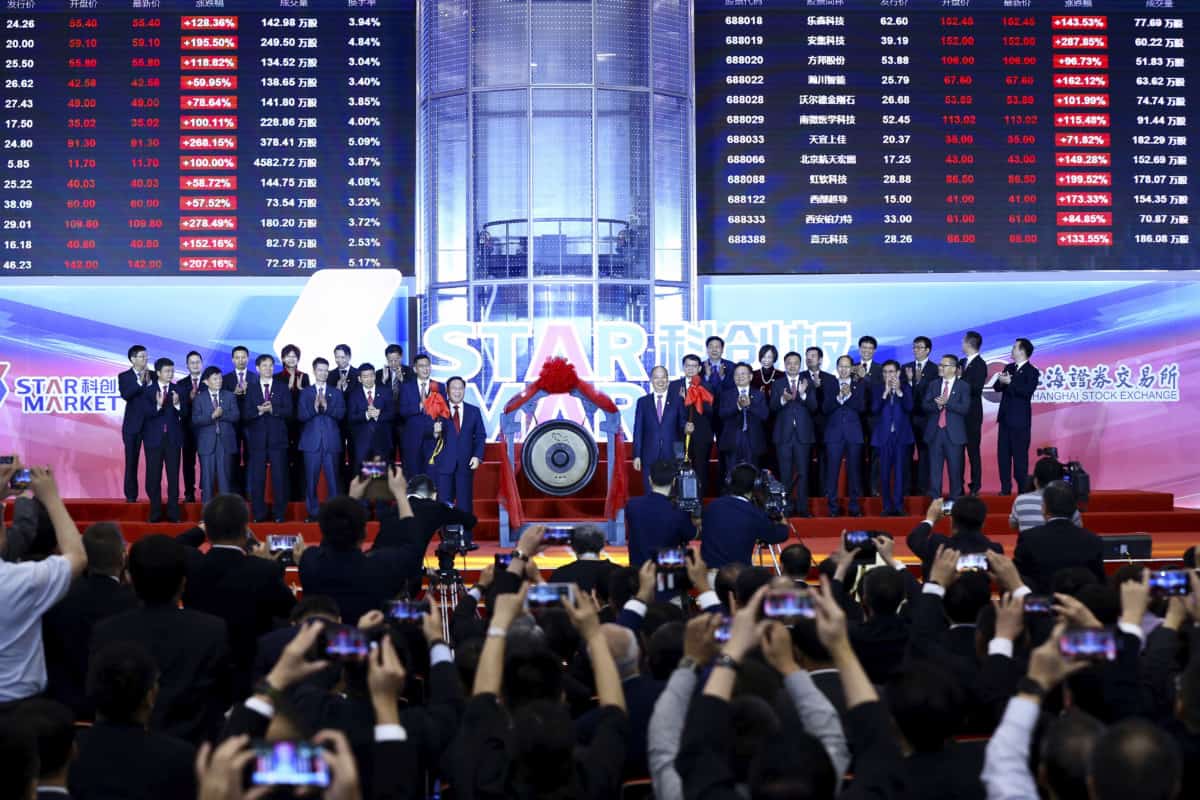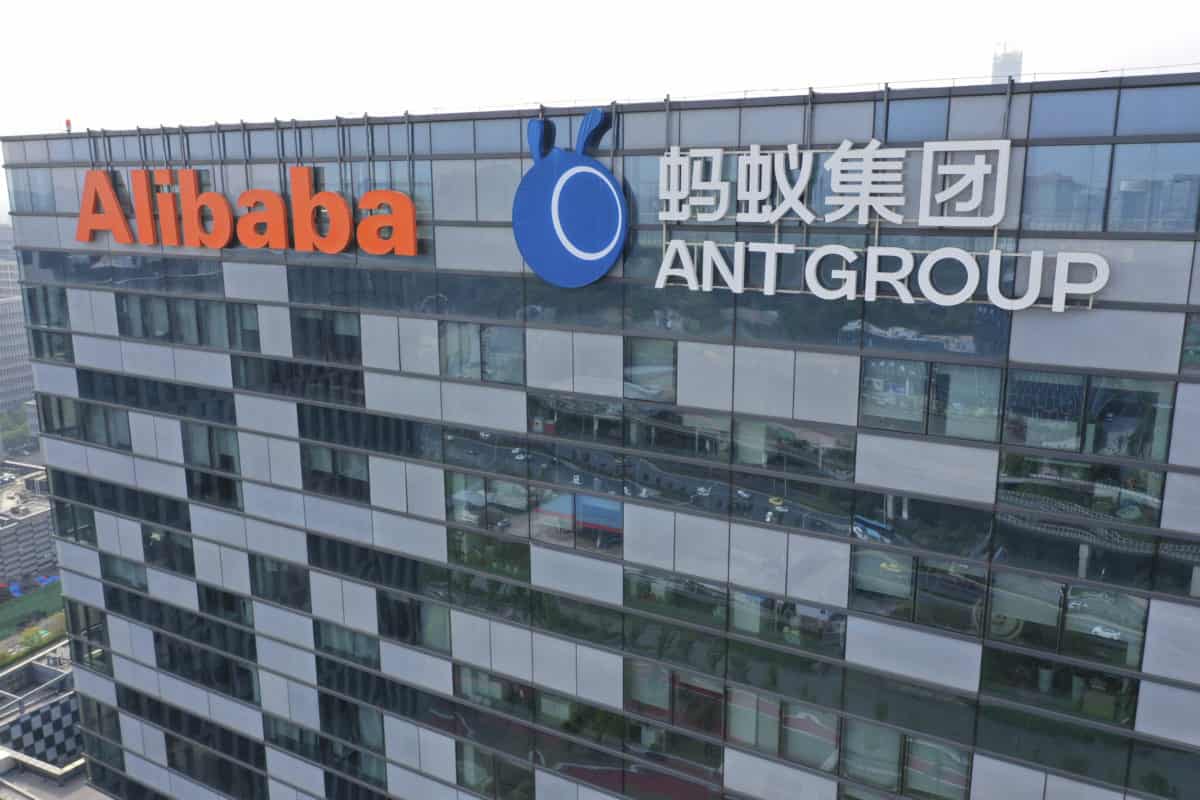Good evening. Zhongguancun is China’s answer to Silicon Valley — an innovation engine, bustling with venture capital and big dreaming tech companies. And it’s been remarkably successful: Of the six highest-valued startups in the world in 2020, three were in California (SpaceX, Stripe and Airbnb) and three were in Zhongguancun (Bytedance, Didi and Kuaishou). But, as our cover story this week explores, China’s recent tech crackdowns and new economic agenda mean that Zhongguancun’s future is very much in question. Elsewhere, we have infographics on China’s assets in Africa; an interview with Manoj Kewalramani on what he’s learned from reading the People’s Daily, daily; an op-ed about China’s emerging economic strategy of “two strong hands”; and an op-ed about China’s golden tech grab. If you’re not already a paid subscriber to The Wire, please sign up here.
Want this emailed directly to your inbox? Sign up to receive our free newsletter.

China’s Innovation Renovation
Zhongguancun, a neighborhood in Beijing, has long been called ‘China’s Silicon Valley.’ But after achieving remarkable success, Zhongguancun is now undergoing something of a makeover as China attempts to control what type of innovation happens there. As Chang Che reports this week, the big question now is whether or not Beijing can reinvent Zhongguancun while still replicating its past success.

The Big Picture: China’s Africa Assets
Over the last 20 years, a small handful of Chinese financiers and state-owned enterprises have financed one in five new infrastructure projects across Africa, and built a third of them. This week, our infographics by Eliot Chen look at China’s infrastructure projects in Africa, the companies involved, and who stands to gain.
A Q&A with Manoj Kewalramani

Manoj Kewalramani is an Indian scholar who has produced a daily summary of articles in the People’s Daily, the Communist Party’s official newspaper, since 2020. In this week’s Q&A with Andrew Peaple, he reflects on what he’s learned from this endeavor, including how to understand what, exactly, the Communist Party is saying to itself, how Xi Jinping is covered, and what stories the West is missing.
Manoj Kewalramani
Illustration by Lauren Crow

Two Strong Hands
In this week’s op-ed, Chang-Tai Hsieh, from the University of Chicago Booth School of Business, walks us through China’s emerging economic strategy of “two strong hands”: eliminating all threats to the Party’s control, while supporting private firms that serve its interests. What’s clear, he argues, is that this model has never been seen before: a market economy with a large private sector under the control of a communist party.

China’s Golden Tech Grab
After a crackdown that wiped out over $1.5 trillion of their shares’ value, China’s tech giants might get a reprieve from government discipline with a possible new strategy: Beijing taking a 1 percent equity stake — or a so-called golden share — in major tech firms. But as Angela Huyue Zhang, at the University of Hong Kong, argues in this week’s op-ed, this approach won’t really brighten the outlook for China’s tech industry.
Subscribe today for unlimited access, starting at only $19 a month.



